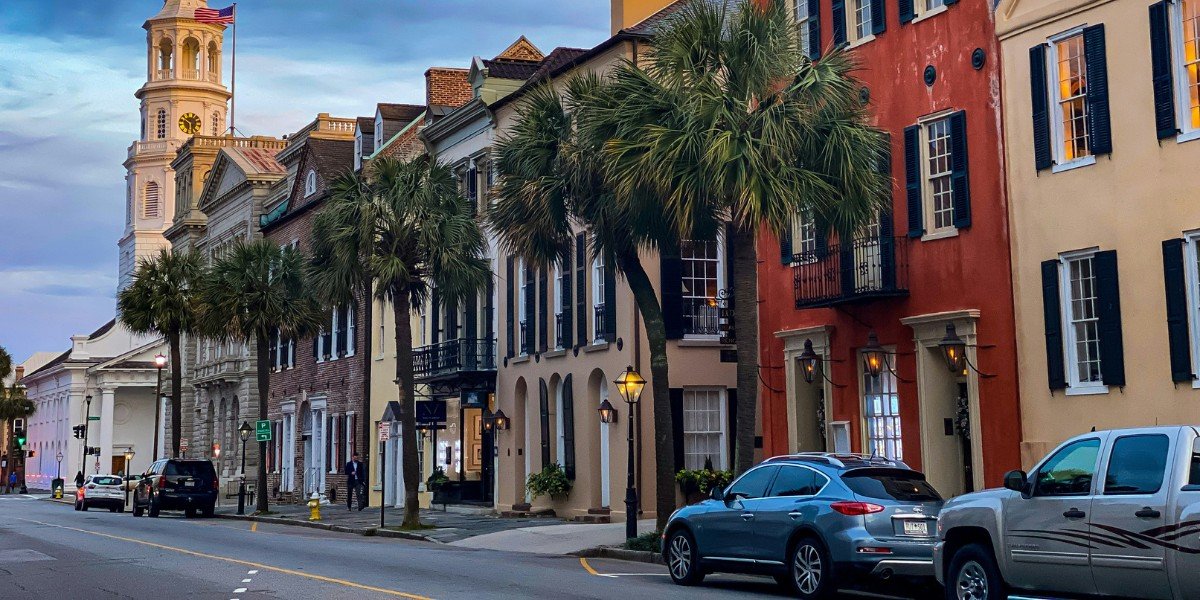Parking in San Francisco has long been a contentious issue. However, in recent months, a new dimension has been added to the city’s parking woes, as residents face rising concerns over driveway parking violations. What once seemed like a minor issue has turned into a community-wide debate, drawing attention to the often-overlooked challenges associated with parking in residential areas. With a mix of city regulations, neighborly tensions, and the growing role of technology, the problem is quickly becoming one of the hottest topics in local conversations.
What’s Behind San Francisco’s Driveway Parking Crisis?
Parking in front of one’s own driveway was once a simple matter in San Francisco. However, recent reports indicate that many residents are now receiving fines for minor infractions, such as parking slightly over the edge of their driveways or blocking a portion of the sidewalk. What’s making this issue even more complicated is the increase in reported violations, which some residents claim are being fueled by anonymous tip-offs.
The situation started getting worse when the city introduced a mobile application designed to streamline reporting for various violations, including driveway obstructions. This app, meant to make the reporting process more efficient, has instead led to concerns about privacy and fairness. Some locals have raised suspicions that it is being misused, with individuals submitting complaints based on outdated or manipulated photographs.
How Is the Solve SF App Impacting Parking Complaints?

Photo Credit: Unsplash.com
In response to parking issues and a desire for more efficient enforcement, the Solve SF app was launched to enable residents to report illegal parking violations quickly and easily. On paper, the app sounds like a useful tool for anyone looking to make their neighborhood safer and less cluttered. However, a significant portion of the community believes that the app has unintentionally made the situation worse.
The app allows users to submit photos of infractions and provide details about the location of the violation. While its creator insists that the platform is not responsible for bogus reports, there are growing concerns that the app is being exploited by a few residents looking to create trouble or settle personal disputes. This has led to a tense atmosphere in certain neighborhoods, where neighbors are not just concerned about physical parking violations, but also about being watched or reported unfairly.
Why Are Driveways Suddenly Becoming a Target for Parking Complaints?
What was once an inconsequential issue is now a growing concern due to a combination of factors. One of the main reasons behind this is the increasing demand for parking spaces in San Francisco, a city already notorious for its limited parking availability. With limited options, residents have turned to their driveways, some of which were previously considered off-limits to parked vehicles, to accommodate their cars.
Over time, these minor violations, like parking slightly over the line or extending onto the sidewalk, began to attract attention. In the past, such issues went largely unnoticed, with neighbors typically choosing to ignore small infractions. However, with the rise of technological tools like Solve SF and an increase in reporting culture, people are now more likely to file complaints against their neighbors, even over seemingly insignificant issues.
How Are Residents Responding to the Growing Issue?
In many neighborhoods, residents are beginning to express frustration with the growing trend of reporting minor violations. As complaints flood in, more and more people are receiving hefty fines for seemingly harmless acts, such as parking their car in their own driveway. Some residents have even reported receiving fines for infractions that they argue were not their fault, due to the angle of the photo or a misunderstanding of the parking rules.
In response to these concerns, some communities have started seeking ways to resolve the issue through more personal channels. Instead of relying on anonymous reporting apps or relying on city enforcement, neighbors are calling for more civil discourse. Many believe that a simple conversation or direct contact could resolve minor issues without escalating tensions or involving city authorities. Some have even gone as far as to ask neighbors to reach out and let them know about potential violations before resorting to complaints.
For those who feel unfairly targeted, fighting these fines through official channels is another option. The San Francisco Municipal Transportation Agency (SFMTA) has a system in place for individuals who wish to contest fines or report blocked driveways. Through their online platform or by contacting 311, residents can request an investigation into these complaints, hoping to resolve the situation amicably.
What Are the Legal and Community Implications of This Trend?
While parking violations are hardly new, the current surge in complaints surrounding driveway parking raises some important questions. The primary concern is whether the current regulations are overly stringent or whether they are being misapplied in certain situations. Many people argue that the fines are too harsh for minor infractions, especially when considering the city’s ongoing issues with parking availability.
The introduction of reporting apps like Solve SF has brought to light another issue—whether the app’s ease of use has created a situation where people are encouraged to report their neighbors for small, sometimes trivial, violations. The anonymity afforded by these platforms has made it easier to file complaints, but it has also raised concerns about neighborly relations. A small mistake or parking inconvenience could now result in a fine or even a strained relationship with a neighbor.
At the same time, city officials argue that enforcing these parking rules is essential for maintaining public safety and ensuring that driveways remain accessible. Emergency vehicles, delivery trucks, and other essential services must be able to access residential areas without obstruction, and these regulations aim to ensure that.
How Can San Francisco Address the Parking Issue Moving Forward?

Photo Credit: Unsplash.com
As the situation continues to unfold, several potential solutions have been proposed to address the growing concerns about driveway parking. One suggestion is to make the regulations more flexible, allowing for minor overhangs or short-term encroachments into driveways without penalizing residents. Another idea is to increase public education on the parking rules and encourage more face-to-face communication between neighbors to reduce the number of anonymous complaints.
Technology could also play a role in resolving the issue, though it may need to be refined. For instance, making sure that reporting apps are used responsibly and encouraging users to provide accurate and timely photos could help prevent misuse. Additionally, the city could look into alternative solutions for parking, such as more efficient use of space, better public transportation, or creating new residential parking zones.
Ultimately, addressing San Francisco’s driveway parking issues will require a combination of policy adjustments, community engagement, and thoughtful solutions that balance the needs of residents with the larger goals of urban planning and public safety.











